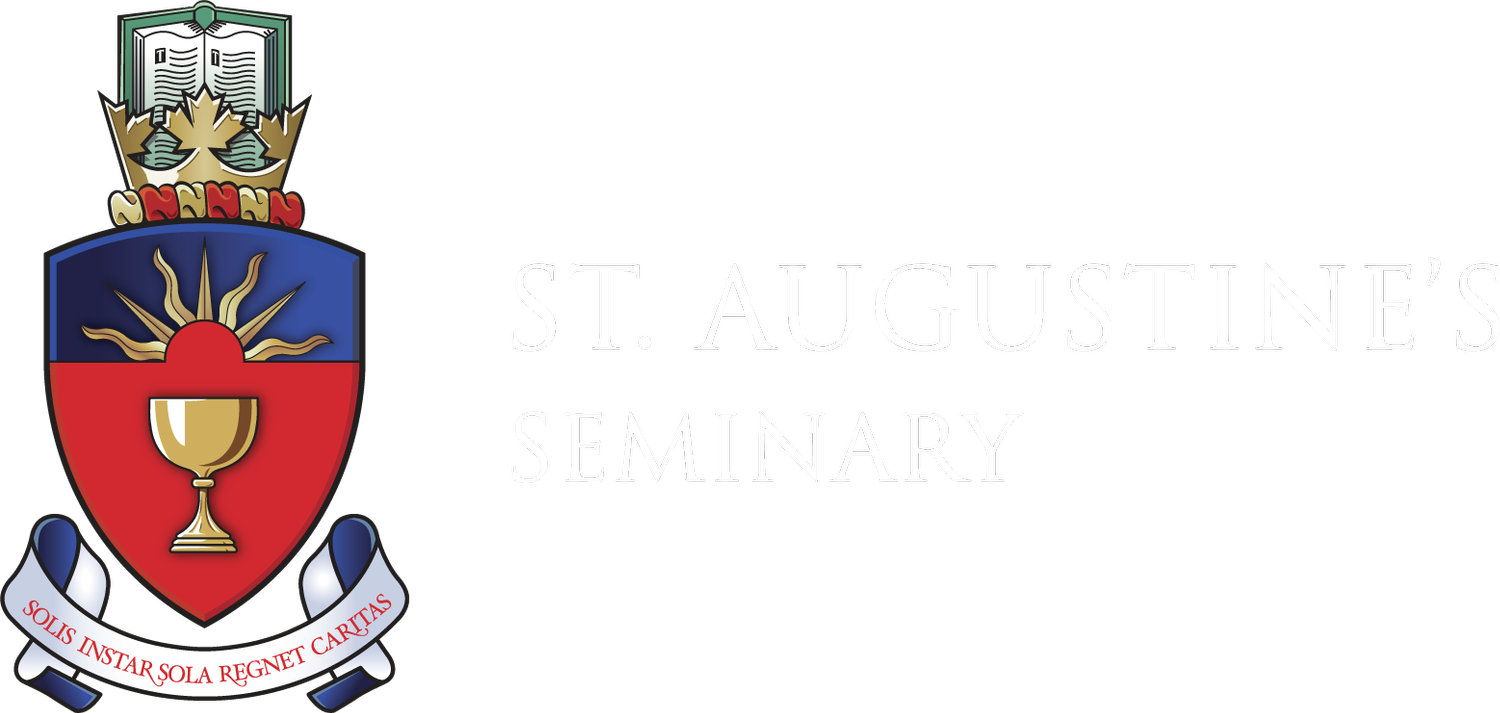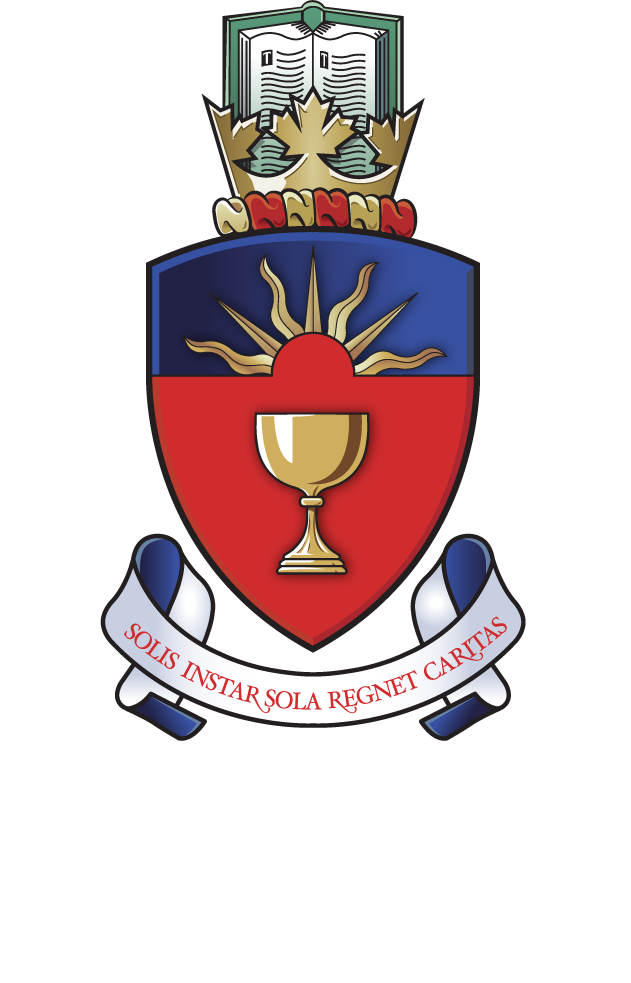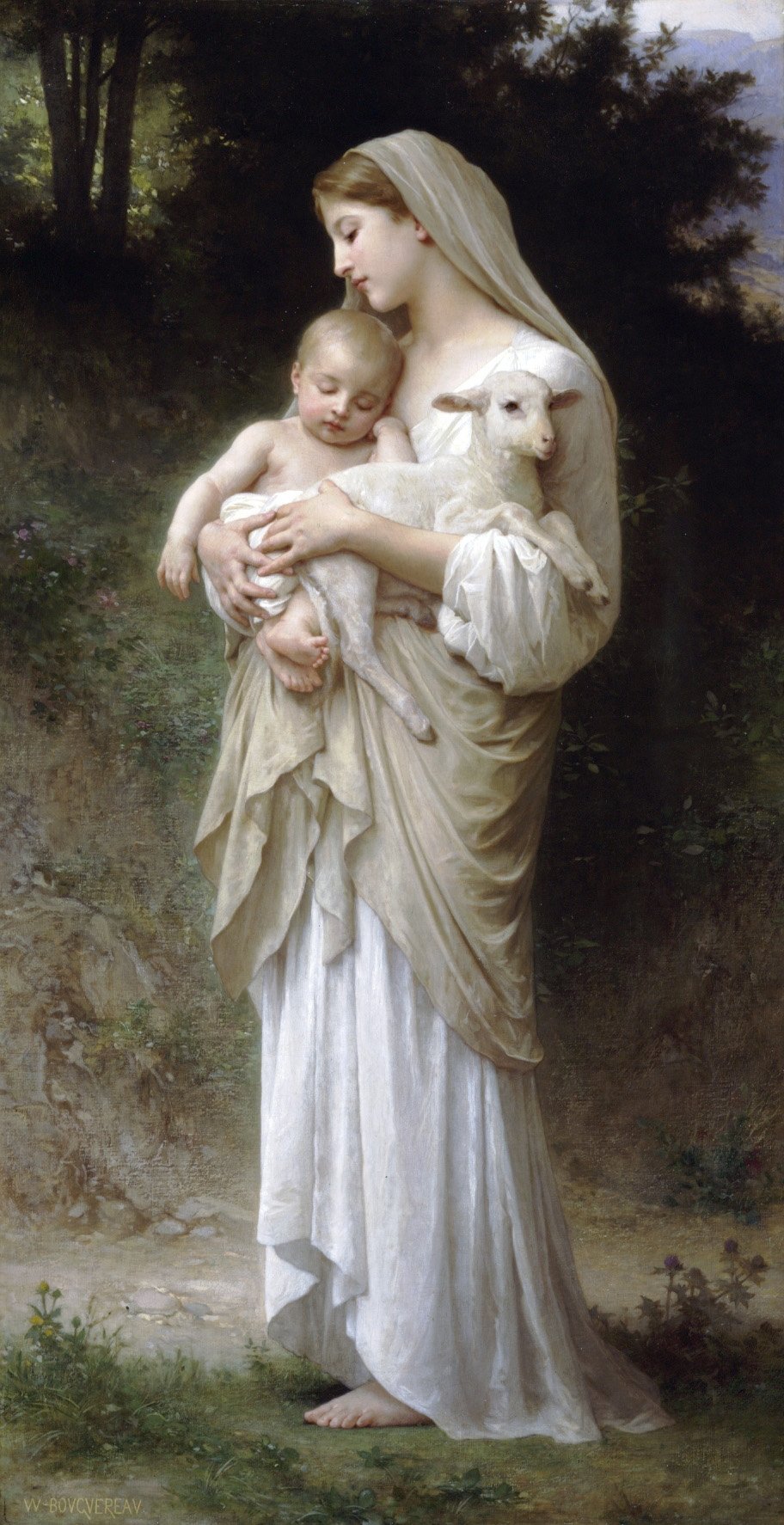What is Mariology?
By Dr. Josephine Lombardi
Mariology, simply put, is the theological study of Mary, the mother of Jesus. Mariologists study the life of Mary in scripture and the development of doctrine pertaining to her life and mission.
What sort of an impact has studying Mary had on you?
Since childhood, I’ve had a very close relationship with Mary. My mother, Maria, was born on the feast of Our Lady of the Rosary. My mother’s influence contributed to my emotional and spiritual development, encouraging me to cultivate a devotion to Mary. Studying Mary’s life, and the various dogmas associated with her mission, has deepened my faith and increased my knowledge of Mary’s role in salvation history. This study inspired my sabbatical project—a film on the life of Mary and her influence on other women, The First Lady, and Her Successors.
How can readers grow closer to Mother Mary in their daily lives?
I encourage readers to start with a meditation on Mary’s words and actions in sacred scripture. My film, The First Lady and Her Successors, walks viewers through all the accounts and events in scripture that include some mention of Mary. Next, I encourage readers to develop the life-giving habit of praying the rosary. The rosary is a meditation on key moments in the lives of Jesus and Mary. My booklet, Living with the Rosary, includes a history of the rosary and meditations that lead readers through the four sets of mysteries: Joyful, Sorrowful, Luminous, and Glorious. As my favourite prayer, meditating on the mysteries of the rosary has helped me to deepen my connection with Jesus and Mary. The Holy Spirit opens our hearts and minds to the treasures of our faith tradition. Finally, I encourage readers to read texts prepared by great Marian saints, for example, St. Louis de Montfort and St. Maximilian Kolbe. Moreover, there is an abundance of references to Mary in magisterial teaching. Pope Saint John Paul II prepared a beautiful encyclical on Mary, Redemptoris Mater. The Dogmatic Constitution on the Church, Lumen Gentium n. 62, prepared at the Second Vatican Council, reminds Catholic Christians that Mary “is invoked in the Church under the titles of Advocate, Helper, Benefactress, and Mediatrix.”
Are there current developments in studying Mary?
There are a few exciting developments regarding the study of Mary. The first is the renewal of interest in Mary among other Christian communities. After the Protestant Reformation, some Christians no longer considered Mary worthy of their devotion. Recent dialogue with other Christians has shown a renewed interest in the life of Mary. Some joint documents have been published on the topic of Mary in ecumenical dialogue.
The other key development involves the discussion around a proposed, fifth Marian dogma. There are four Marian dogmas or teachings formally revealed by God regarding Mary: Ever Virgin; Mary, Mother of God; Immaculate Conception; Assumption of Mary. Over the past fifty years, some theologians and bishops have proposed a fifth Marian dogma, that of Mary as co-redemptrix. They claim this dogma is supported by scripture and Tradition. Although the deposit of faith or deposit of revealed truths is sealed, at times, our understanding of them remains unclear or incomplete. We cannot add or delete from this sacred deposit of revealed truths, but our understanding of them can develop over the centuries. This understanding contributes to the development of doctrine. Although seeds have been present in scripture and Tradition, Marian dogmas have taken centuries to be understood and received into the Church.
Father Charles Anang, my colleague, teaches a course on Mariology at St. Augustine’s Seminary.
"Tuus totus ego sum, et omnia mea tua sunt."
~ St. John Paull II
These words express total belonging to Jesus through Mary
Our new formation year is dedicated to Mary, Mother of the Good Shepherd.


